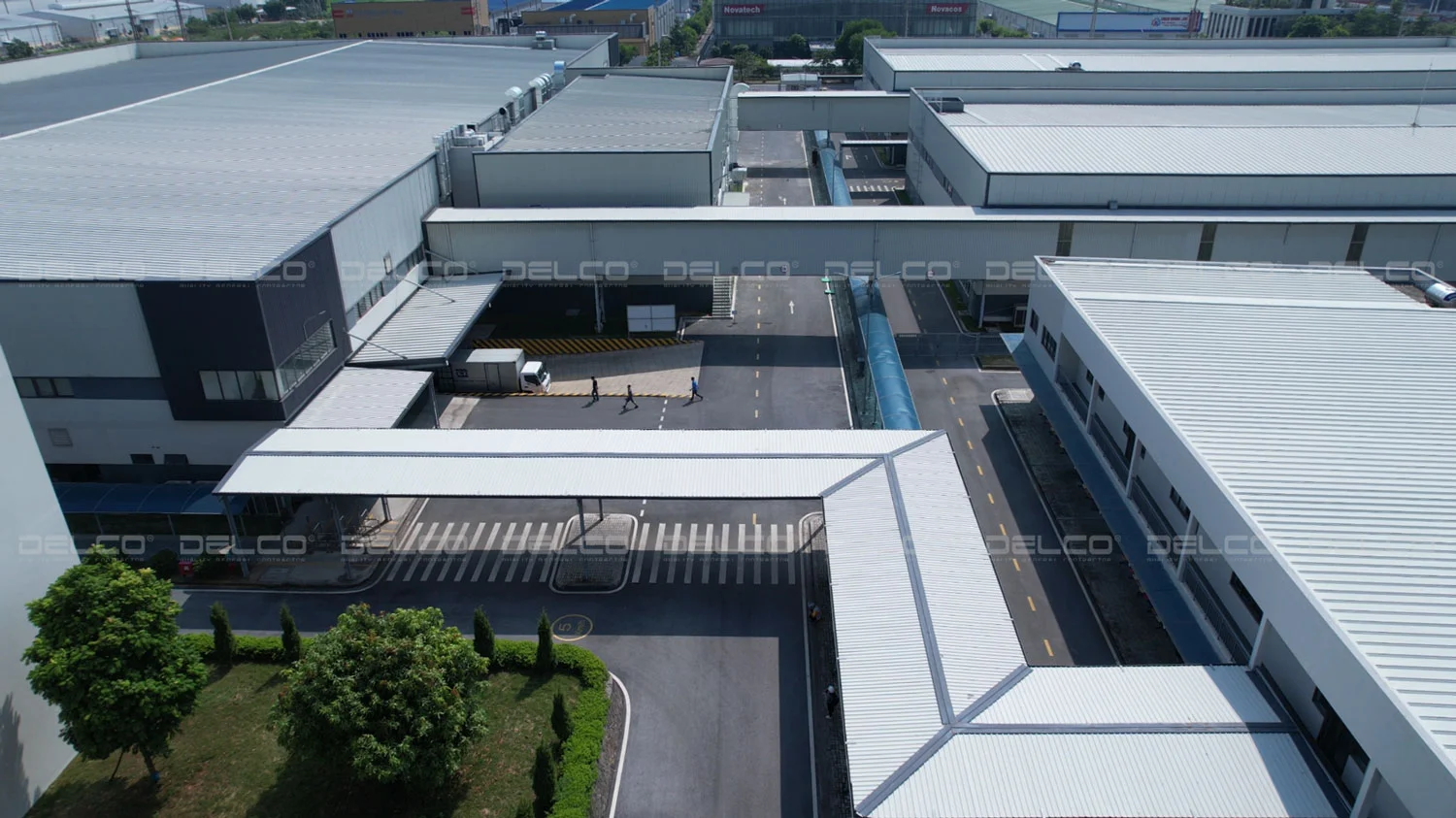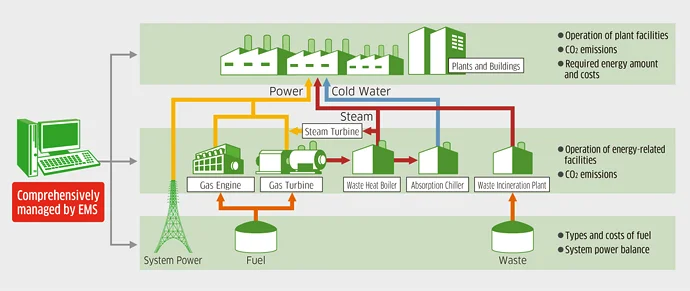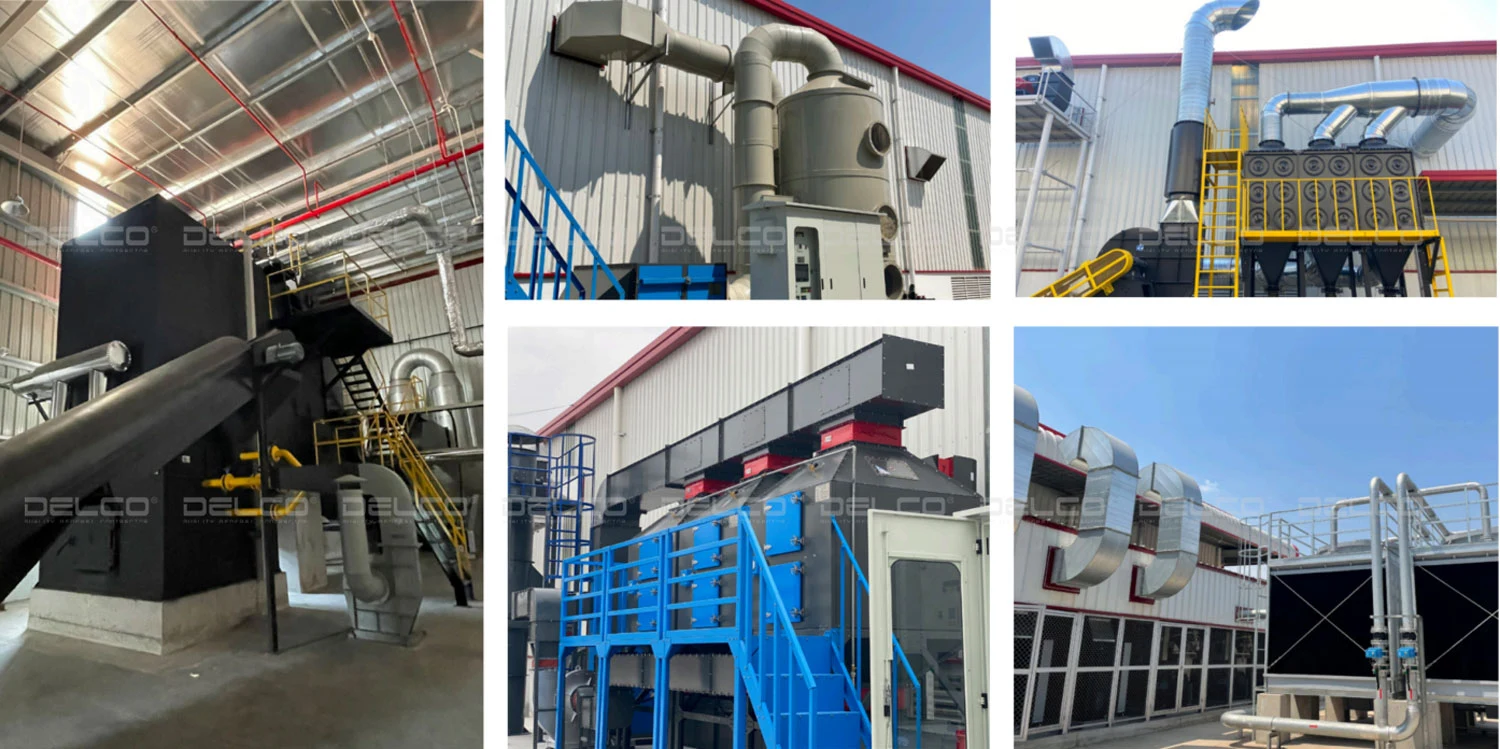Lump sum services of workshop construction help investors determine the overall project costs from the beginning, ensuring the project is not affected by market price fluctuations and no additional costs arise during construction.
What is a Lump sum Contract?
A Lump sum contract is a fixed-price contract that does not change throughout the process, from bidding and execution to completion and handover of the project, within the scope of the signed contract. When investors choose a Lump sum contract, the contractor is responsible for the overall schedule and quality of the project, ensuring the project completes on time, meets technical standards and fulfills the investor’s requirements without incurring any additional costs.

Having a Comprehensive Budget from the beginning
The biggest advantage of Lump sum services of workshop construction is that costs are determined from the initial phase, ensuring no additional costs arise during construction. Having a comprehensive cost management plan allows investors to prepare and allocate their budget more accurately and reasonably, avoiding capital shortages or surpluses, and ensuring the project has enough resources to complete on schedule and meet the specified quality standards.
Additionally, when the contract price is fixed from the beginning, the investor is not affected by market price fluctuations. This is particularly important in the context of the construction market, which frequently fluctuates, with material and labor costs potentially rising continuously. A lump sum contract ensures financial stability for the investor, helping the project stay within the planned budget.
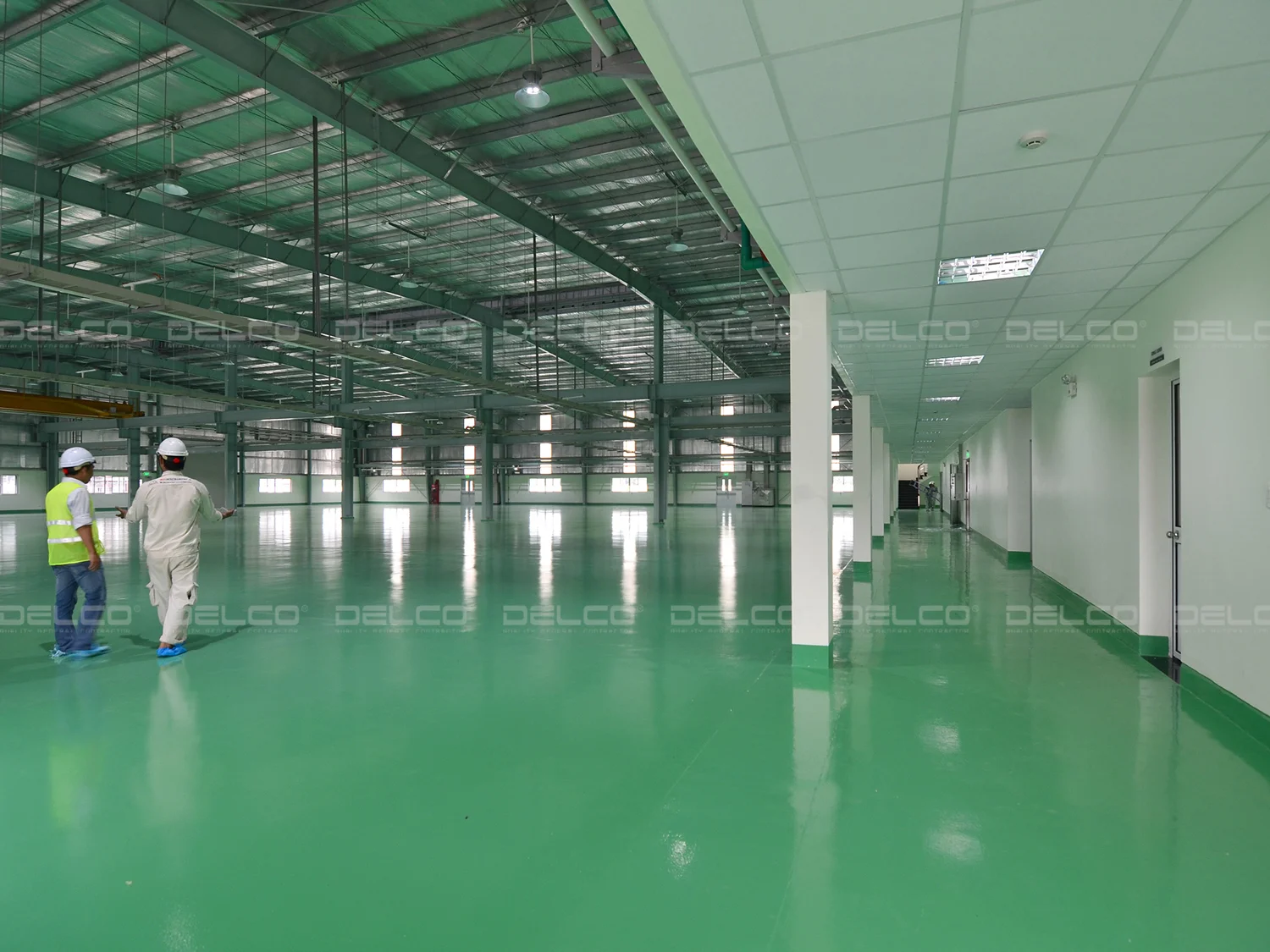
Easy and Effective Project Management
With lump sum workshop construction service, the investor only needs to work with a single contractor. The main contractor is responsible for coordinating and managing subcontractors, minimizing the risk of conflicts between parties. This not only ensures consistency and uniformity throughout the project but also saves time and effort for the investor.
Moreover, a lump sum contract creates a clear and transparent working process with specific goals and requirements from the start. The investor can easily control and evaluate the progress of each phase, ensuring every step is executed according to plan and budget. This minimizes the risk of unexpected issues arising in the project, ensuring the work is completed on time and to a high standard.

See also: Schedule management plan of factory construction
Important Considerations When Using Lump Sum Workshop Construction Services
Detailed Bidding Documents
To ensure the project meets the investor’s requirements, the bidding process must clearly define the scope of work, technical requirements, standards, and regulations. This helps avoid misunderstandings and disputes later on. Additionally, the project’s scope of works needs to be carefully calculated from the design phase to minimize adjustments and changes during construction, as changes can increase costs and extend the construction schedule.
Choosing a Reputable Contractor
Choosing a reputable contractor with extensive experience in lump sum workshop construction service helps investors balance costs and risks, ensuring the project does not encounter cost or schedule issues during execution. In construction, signing a Lump Sum Turnkey contract with a Design-Build Contractor is a top priority. With this contract type, design and construction are synchronized from the beginning, minimizing conflicts between design and construction, and ensuring consistency and high efficiency throughout the project. Particularly, with a Lump Sum Turnkey contract, the facility is handed over in a ready-to-use state, allowing the investor to start production immediately, saving time and effort.
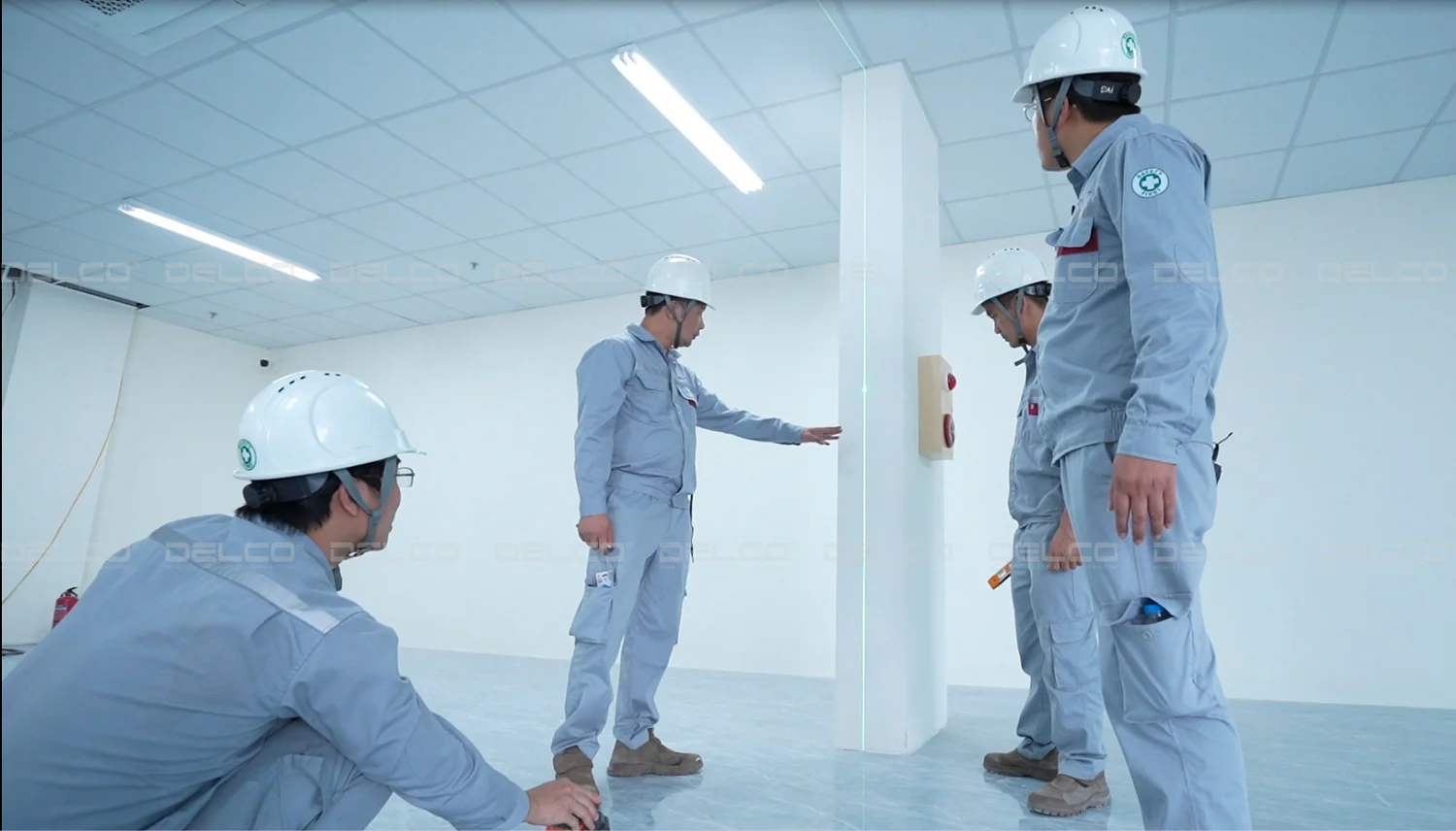
Clear Contract Terms
A lump sum workshop construction contract must clearly and specifically define terms related to payments, changes, and warranties.
- Payment Terms: These must be clear, including milestone payment and detailed conditions to avoid financial disputes between parties.
- Change Terms: These should strictly outline how to handle changes in the scope of work and costs to effectively manage project risks and avoid unwanted expenses during construction.
- Warranty and Maintenance Terms: These must clarify warranty and maintenance terms to ensure the quality and durability of the facility after handover.
See More: Factory Construction Consulting Services – Optimize Investment Costs with Delco
See More: Optimizing Material and Resource Schedule in Construction Project Management


